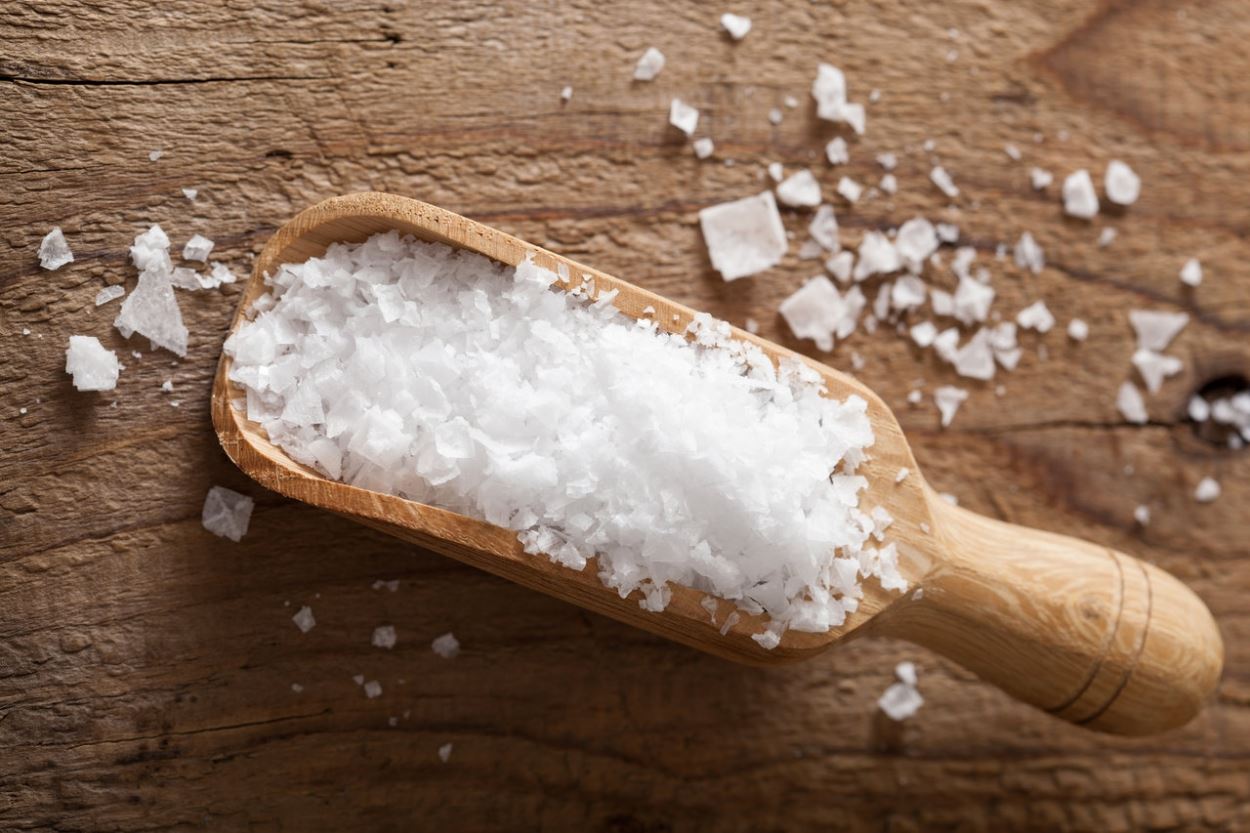Sports massage is tailored to athletes and active people. Optimizing biological functioning allows people to operate at their best. Sports massage therapy reduces tension and improves mental conditioning, helping athletes’ workout better.
This massage helps prevent training injuries and speeds up musculoskeletal recuperation thereafter. Sports rehabilitation uses it to reduce stress and improve performance.
The Benefits
Muscle Flexibility: Elite therapists stretch to increase muscle fibre flexibility and range of motion. This allows athletes to move smoothly and correctly throughout training and competition. It also prevents muscle fibres from knotting, which can limit range of motion and cause discomfort and tension.
Less muscular tiredness: New training methods and rigorous sessions can cause muscular tiredness in athletes. This can cause muscular toxins like lactic acid to accumulate and harm tissue. These poisons are eliminated by routine sports massage, lowering pain and tension and increasing muscle function.
Increased Blood Circulation: Stress and fatigue-related toxins must be eliminated through increased blood circulation. Sports massage increases blood flow, oxygenation, and muscle nourishment supply while accelerating waste elimination. After exercise, drinking enough of water flushes these poisons, reducing muscle soreness and weariness.
Better Mental wellness: Athletic success depends on mental wellness. Stress and pain can impair an athlete’s performance. Sports massage reduces cortisol, relaxes, and activates the parasympathetic nervous system. Increased brain endorphins improve mood, reduce anxiety and stress, and promote mental health and sports performance.
Frequency of Sports Massage
The number of sports massage sessions depends on individual and athletic needs. Experts advise at least one massage therapy in Surrey each week during exercise for prevention. Before and after intensive training, seeing a licensed therapist is ideal.
Sports massage is typically safe and has few negative effects. Athletes with bleeding disorders, recent surgery, shattered bones, open wounds, or acute ruptured tendons should consult their doctor before trying this therapy.
Sports massage therapy is essential to athletic success. Relaxes, prevents damage, and lowers muscle stiffness and soreness. Choose a professional and experienced massage therapist to maximize session benefits.
Types of Sport Massage
Different sports massage treatments meet different demands and preferences:
Pre-Event Massage: Provided before an athletic event or competition. It boosts muscle tone, circulation, and mental preparation for athletes.
Post-Event Massage: Reduces muscle discomfort and speeds healing after intensive training or competition. It removes metabolic waste from exercise.
Maintenance Massage: Athletes often use sports massage in their training practice. This continuing therapy prevents injuries, maintains muscle flexibility, and reduces stress.
Rehabilitation massage is crucial for athletes recuperating from musculoskeletal injuries, as injuries are common in sports. It promotes muscle repair and function.
Techniques Used In Sports Massage
Sports massage therapists use many methods to meet athletes’ needs:
Effleurage: Long, flowing strokes that prepare muscles for deeper work.
Petrissage: Kneading and squeezing to relieve muscle tension and boost circulation.
Friction: Applying deep, circular, or cross-fiber pressure to specific muscle locations to release adhesions and knots.
Compression: Firm pressure on muscle parts to increase blood flow and decrease stress.
Incorporating stretching exercises during massage improves muscle flexibility and range of motion.
Extra Tips
Select a qualified, experienced sports massage therapist to customize treatment to your needs and preferences.
Tell your therapist your goals and problem areas to address throughout the session.
Stay hydrated after post-sports massage to drain toxins and decrease muscular soreness.
Enhance athletic performance by integrating sports massage with self-care techniques including good diet, hydration, and rest.
Finally, sports massage treatment has many benefits beyond physical recuperation for sportsmen and active people. It improves performance, reduces injury risk, and promotes well-being in sports and athletics and can be customized. Ready to enhance your athletic performance and overall well-being? Let Evergreen Rehab and Wellness – Surrey helps you.




